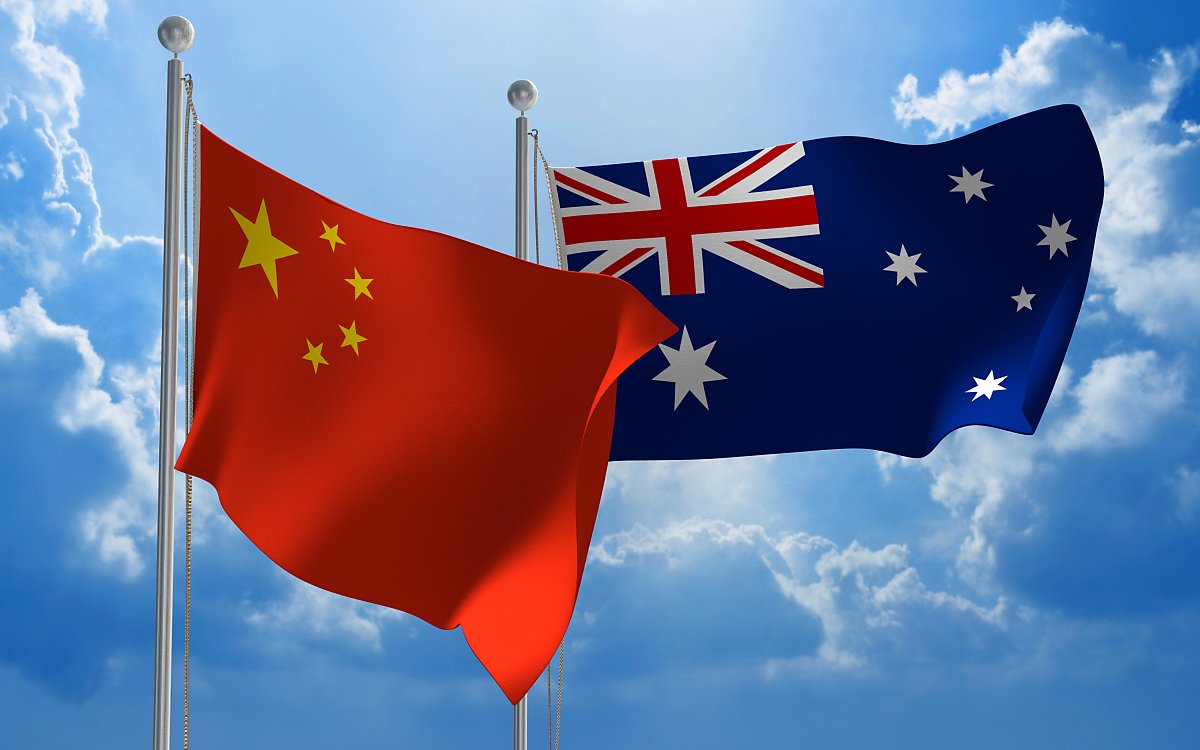
Australia’s Peril
Fri, 25 Sep 2020 | Reading Time: 8 minutes

Agents and Proxies of the Chinese Communist Party
Ever since Australia’s demand for an independent international inquiry into how the Coronavirus pandemic was initially handled by the Chinese, the Sino-Australian relations have nose-dived. Additionally, China is miffed as Australia is aligned with the American stance against China on the freedom of navigation in the South China Sea. With the deepening of fissures between the two nations, China has hit back where it hurts Australia the most – Australian exports. Besides restrictions of sorts on the import of Australian beef, barley and wine, China has also laid restrictions on its citizens’ tourism-related travel to Australia and admission to its universities.
On its part, in the recent days and weeks, Australia has intensified investigations of individuals and organisations of Chinese origin whose activities are inimical to the Australian national interests by its Foreign Interference Task Force composed of Australian Federal Police (AFP) and the Counterespionage agency Australian Security Intelligence Organisation (ASIO). Amongst others, a Chinese Consul to Sydney, Sun Yantao, has been named in an AFP warrant, in an investigation into an alleged plot to infiltrate the New South Wales Labour Party. Also, under the scanner are the Australia based bureau chiefs of China News Service and China Radio International; a prominent media commentator and a leading scholar of Australian studies. In a connected development though, Beijing continues to detain under ‘residential surveillance’ a lady TV presenter of Chinese origin but who holds an Australian passport. It is reported that she is suspected of ‘criminal activity endangering China’s security’. She is being held possibly as a pawn by the Chinese to get back at Australia.
As also in India, the Chinese company Zhenhua Data has been in news recently in Australia too for their attempts to collect information relating to influential politicians, senior officers of the security forces, diplomats, academics and journalists. Zhenhua is reportedly owned by China Electronic Information Industry Group, a state-owned military research company which had an association with the University of Technology Sydney until 2019. It has the Chinese Communist Party (CCP) and the People Liberation Army as its principal clients. Though no Chinese private company can operate overseas unless it has a nod from and allegiance to CCP, the Chinese establishment have since denied that Zhenhua is state-owned.
The activities of Zhenhua have brought back to sharp focus the activities of the agents and proxies of CCP as the data being collected by Zhenhua is likely to be used by the Chinese agents for psychological and information warfare in Australia (and in other countries too). In the past few years, agents and proxies of CCP have been rather active in Australia. They are known to work under the directions of the United Front Work Department, which is an organ of the CCP, not only to support People’s Republic of China (PRC) but also to neutralize its critics. Their primary objective has been to shape the Australian domestic opinion and policies such that they are pro-China. These elements have been attempting to achieve their goals by donations to political parties and extending financial and other favours to those individuals who could influence the system and public opinion. Hence there are strong apprehensions that one of the uses of the data collected by Zhenhua could also be to source for individuals who could assist in achieving the Chinese goals.
The influence of the CCP through its agents and proxies over the politicians and political parties in Australia has also been a matter of public discourse for the past few years. In the book, Silent Invasion: How China Is Turning Australia into a Puppet State, its author Professor Clive Hamilton outlines the activities of numerous agents and proxies of the Chinese state. He suggests that they are active in espionage and influencing public opinion in aid of the Chinese government. He also mentions of the recent immigration in large numbers of Chinese from mainland China to Australia including “billionaires with shady histories and tight links to the [Chinese Communist] party, media owners creating Beijing mouthpieces, ‘patriotic’ students brainwashed from birth, and professionals marshalled into pro-Beijing associations set up by the Chinese embassy.” From politics to culture, real estate to agriculture, universities to unions, and even in Australian primary schools, Hamilton uncovered undeniable evidence of the CCP’s infiltration of Australia. The book mentions former and sitting Australian politicians who seemed to have furthered the interest of CCP.
In another paper, Countering China’s Political Influence: Lessons from Australia, Amy Searight outlines several instances of the CCP’s successful infiltration into decision making in Australia and influencing some politicians. Writing for the Centre for Strategic Studies and International Studies, an American think-tank, Searight, in her well-researched piece she notes that this influence has primarily stemmed from donations to political parties by those who are closely linked to the CCP. Searight states that the two major political parties in Australia – Labour and Liberals, received AU$5.5 million between 2013 and 2015 from China-linked businesses. She also draws attention to the pro-China ‘research’ institutes, funded by the Chinese government which often work as mouthpieces for the CCP and also attempt to positively influence public thinking to favour China. Influence has also been exercised through politicians who have been appointed to head these institutions and thereby enjoy the status and financial benefits which go with such positions. Clout is also exercised on politicians seeking to be elected to the Federal and the State parliaments, especially in those regions where ethnic Chinese constitute a sizeable bulk vote share such as those in Sydney and Melbourne. Conversely, those politicians who do not tow the pro-China line stand to lose this support.
As reported widely across Australian media, the activities of some individuals who have been investigated by AFP and ASIO for links to the Chinese establishment are illustrative of the varied activities of Chinese agents and proxies. The foremost amongst them is a billionaire property developer named Huang Xiangmo.
Huang Xiangmo had migrated to Australia in 2011. He had been rather generous in his donations to the political parties of Australia. His influence over the politicians can be gauged from a statement made to the media by Senator Sam (Sahand) Dastyari of the Labour Party. In mid 2016, standing next to Huang, Senator Dastyari stated that the South China Sea was China’s affair and that Australia should respect China’s decision. He went on to add that the Labour Party, being a friend of China, would help maintain the relationship by knowing when it is and isn’t their place to be involved. This was of course not in line with the official position of his Labour party which supported freedom of navigation in the seas. The then Prime Minister of Australia, Malcolm Turnbull is reported to have accused Dastyari of accepting money in exchange for supporting China’s claims in the South China Sea and termed his utterances as “cash for comment”.
The hold which China exerts through its proxies can also be gauged from a warning reportedly made by Xiangmo that his donation of AUD 400,000 to the Labour party could be cancelled if it did not soften its stance on the Chinese claims on the South China sea.
In 2014, Xaingmo donated AU$1.8 million to Sydney’s University of Technology to set up the Australian-China Relations Institute (ACRI). Bob Carr, briefly Australia’s Foreign Minister and an opponent of Australia’s pro-China lobby was appointed the Director of ACRI. It is rather surprising that after receiving this position, he became a frequent and ardent champion of the Chinese interests in Australia to include the Bridge and Road Initiative (BRI) projects in the Northern Territory. So charmed, almost smitten he seemed in China that speaking about the poverty alleviation efforts of the PRC, he is reported to have praised it as “a humanitarian miracle the world has never seen”.
Ye Cheng is another Chinese billionaire businessman who has made headlines in Australian media. He is a confidant of Chairman Xi Jinping and has the mandate to plant the Chinese flag around the world through Jinping’s pet BRI. In 2015, Northern Territory’s government signed a lease agreement for 99 years to run the strategic commercial port of Darwin with the Chinese Landbridge group owned by Ye Cheng. Ye Cheng’s high-level connections suggest that the Darwin Port take-over has been done at the behest of the Chinese government. This deal increasingly looks like a blueprint for how Chinese interests can take control of strategic foreign ports and this even as thousands of US marines are based there as part of the US Pacific pivot, in place to contain China’s influence in the region. The furore against this deal became more intense when one of Ye Cheng’s brothers was quoted by a journalist as saying that in time, this world will be China’s. Ye Cheng’s confidence can also be attributed to his Australian ‘consultants’ who among others also include a former federal minister. Immediately after he completed his tenure as a senator, the former Minister of Trade, Andrew Robb, who is also the architect of the China-Australia Free Trade Agreement, accepted a deal of AU$ 880,000 a year for consulting with Ye Cheng’s Landbridge group.
Another ongoing investigation relates to the CCP attempting to infiltrate the parliament of New South Wales (NSW) through the offices of the NSW Labour party MP Shaquett Moselmeen using his former part-time staffer John Zhang. The investigating agencies suspect that Zhang was collaborating with Chinese spy agencies to influence the politics of NSW. It is worth noting that in March 2020, Shaquett praised Xi Jinping for his “unswerving leadership” in responding to the COVID-19 pandemic and said that the “combined phenomenal effort of the state and the people in the fight to contain the virus was breathtaking”. He compared the Chinese response to the Australian government response which he described as “slow, and at times baffling and confused”. To cater to the larger Chinese readership of his speeches in the parliament, Shaquett had used the services of Zhang also as a translator.
Over the past decade, China has poured more than $150 billion into Australia by investing in or acquiring Aussie companies. From a rural airport (Merredin) in Western Australia to Darwin’s commercial Port in the Northern Territory; from the wind farms in Victoria to the coal mines in New South Wales; and from the cherry orchards in Tasmania to the sugar mills in Queensland all are now the property of state-owned or state sponsored Chinese companies. Despite the opposition by the Liberal led Federal government, China has also attempted to participate in a major BRI in the Labour-ruled Victoria. It is these Chinese business ventures which can provide the wherewithal for the vast network of the Chinese agents in Australia.
Australian Vulnerabilities
It needs to be noted that Australia is a prosperous democracy with a sound economy. Yet it has some vulnerabilities which have made it susceptible to exploitation by the Chinese establishment and its agents:
- Major dependence on China for exporting minerals, coal, wine and, agricultural, meat and dairy products.
- Students from mainland China are the source of a major component of revenue for several Australian universities.
- Absence of stringent regulations for requiring federal approvals for investments in sensitive national security land or businesses (including starting such a business) – regardless of value (the proposed Foreign Investment Reform -Protecting Australia’s National Security Bill 2020 aims at correcting this).
- Fierce inter and intra party rivalries which can be gauged from the fact that since the November 2007 federal elections, Australia has had six prime ministers—Kevin Rudd (twice), Julia Gillard, Tony Abbott, Malcolm Turnbull and Scott Morrison. As for the leaders of the Opposition, there have been five – Brendan Nelson, Turnbull, Abbott, Bill Shorten and Anthony Albanese.
- Financial lure amongst some of the Australian politicians who have held important ministerial and other positions in the past.
In December 2017 introducing legislation to counter the threat of foreign states exerting improper influence over the Australian system of government and their political landscape, the former Australian Prime Minister Malcolm Turnbull defined behaviour that is “covert, coercive, or corrupting” as “the line that separates legitimate influence from unacceptable interference (by overseas governments).” Importantly and rightly so, as an introductory remark, Turnbull mentioned that the focus was on the activities of foreign states and their agents in Australia and not on the loyalties of Australians who happen to be from a foreign country as there is no place for racism or xenophobia in Australia.
As the economic and diplomatic battle between Australia and China continues unabated, the fault-lines between the two deepen by the day. The bigger and the long-term danger, however, is that besides being Australia’s leading investing, purchasing and a supplying trade partner, China in the decade or more to come may become a colonising dragon. Therefore, until the complex network of the agents and the proxies of CCP are unravelled and sternly dealt with they will continue to further the political, economic, demographic and security related goals of their masters in Beijing.
Lessons for India
The Sino-Australian drift has important lessons for India.
Chinese attempts to cultivate Indian decision-makers and influencers, including the politicians is a distinct possibility. As for Indian political parties, they need to be wary of Chinese attempts to widen the differences which exist between them. While China cannot replicate a Nepal in terms of a change in political set-up, the extremes to which China can go to achieve its political and economic goals are surely obvious to all China-watchers. Stern actions need to be taken to curb the ongoing Chinese support to the extremists and separatist organisations in India. The Chinese may also use the anti-establishment ‘intellectual lobby’ to spread propaganda and falsehood. In addition, Indian businesses with a majority Chinese equity will also need to be kept under a closer watch.
In the evolving situation, given that India is a large market, Australia stands to gain vastly by improving its trade with India. It will also gain greater cooperation with India in security related issues. It is an opportunity which should not be lost by both nations.
The views expressed are of the author and may or may not represent the views and policies of Chanakya Forum.
Disclaimer
The opinions expressed in this article are the author’s own and do not reflect the views of Chanakya Forum. All information provided in this article including timeliness, completeness, accuracy, suitability or validity of information referenced therein, is the sole responsibility of the author. www.chanakyaforum.com does not assume any responsibility for the same.
Chanakya Forum is now on . Click here to join our channel (@ChanakyaForum) and stay updated with the latest headlines and articles.
Important
We work round the clock to bring you the finest articles and updates from around the world. There is a team that works tirelessly to ensure that you have a seamless reading experience. But all this costs money. Please support us so that we keep doing what we do best. Happy Reading
Support Us





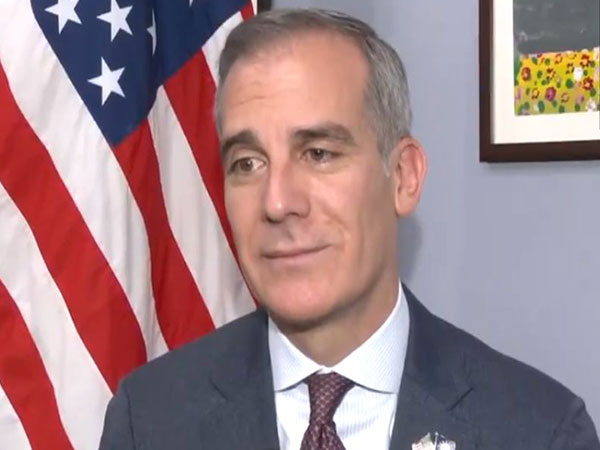
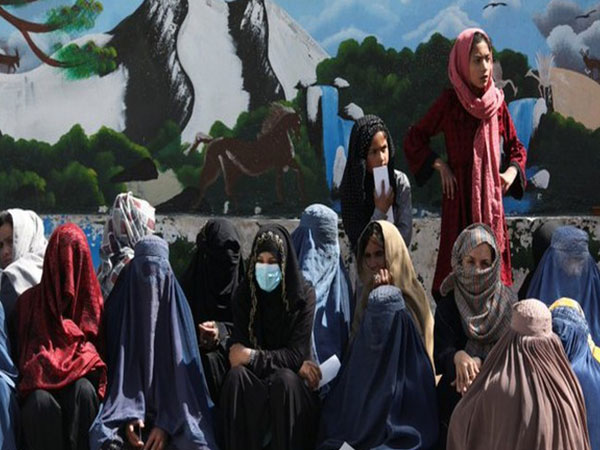
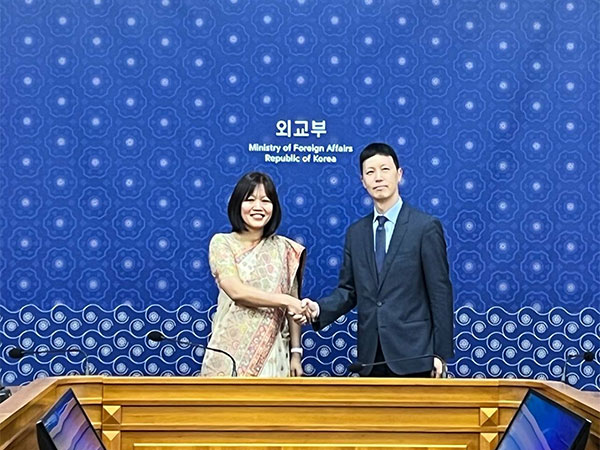
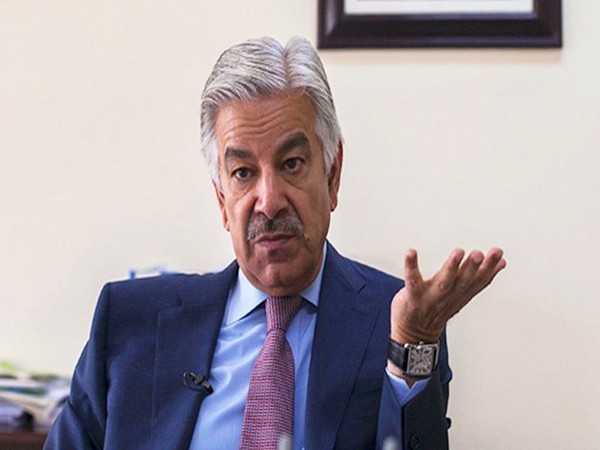
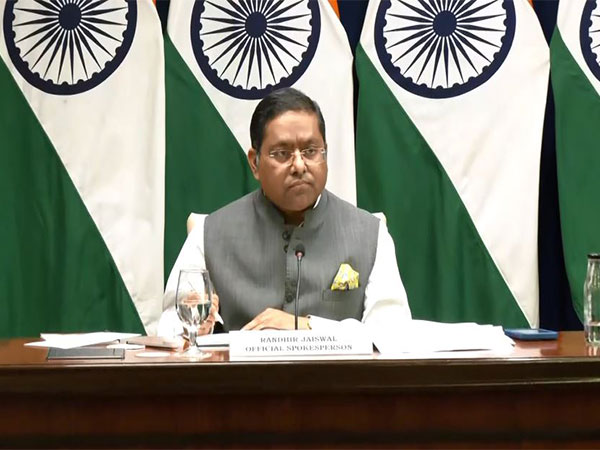
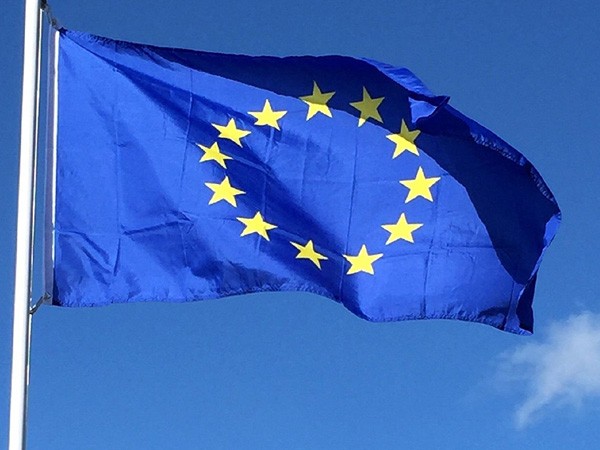

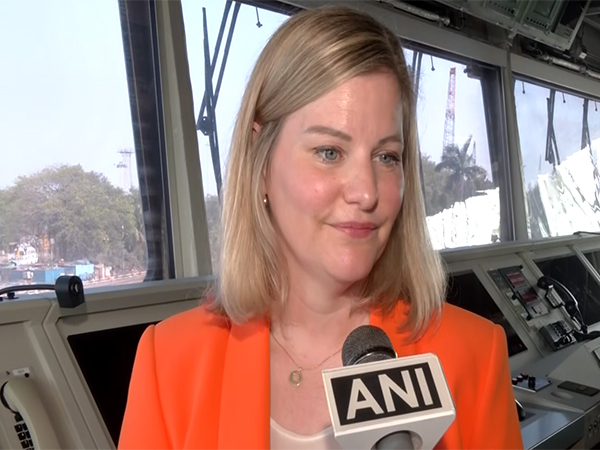
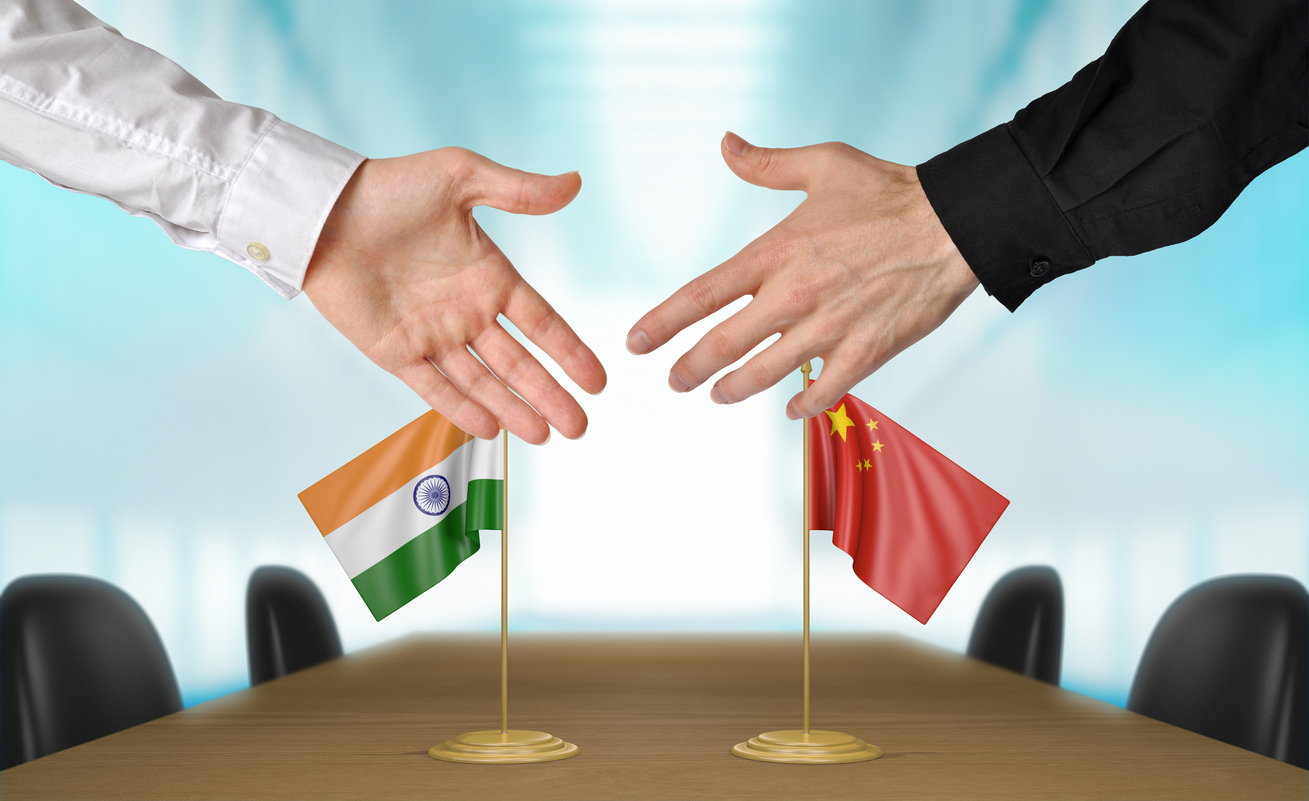






POST COMMENTS (2)
Ravi Dhar
Samir Shrivastava